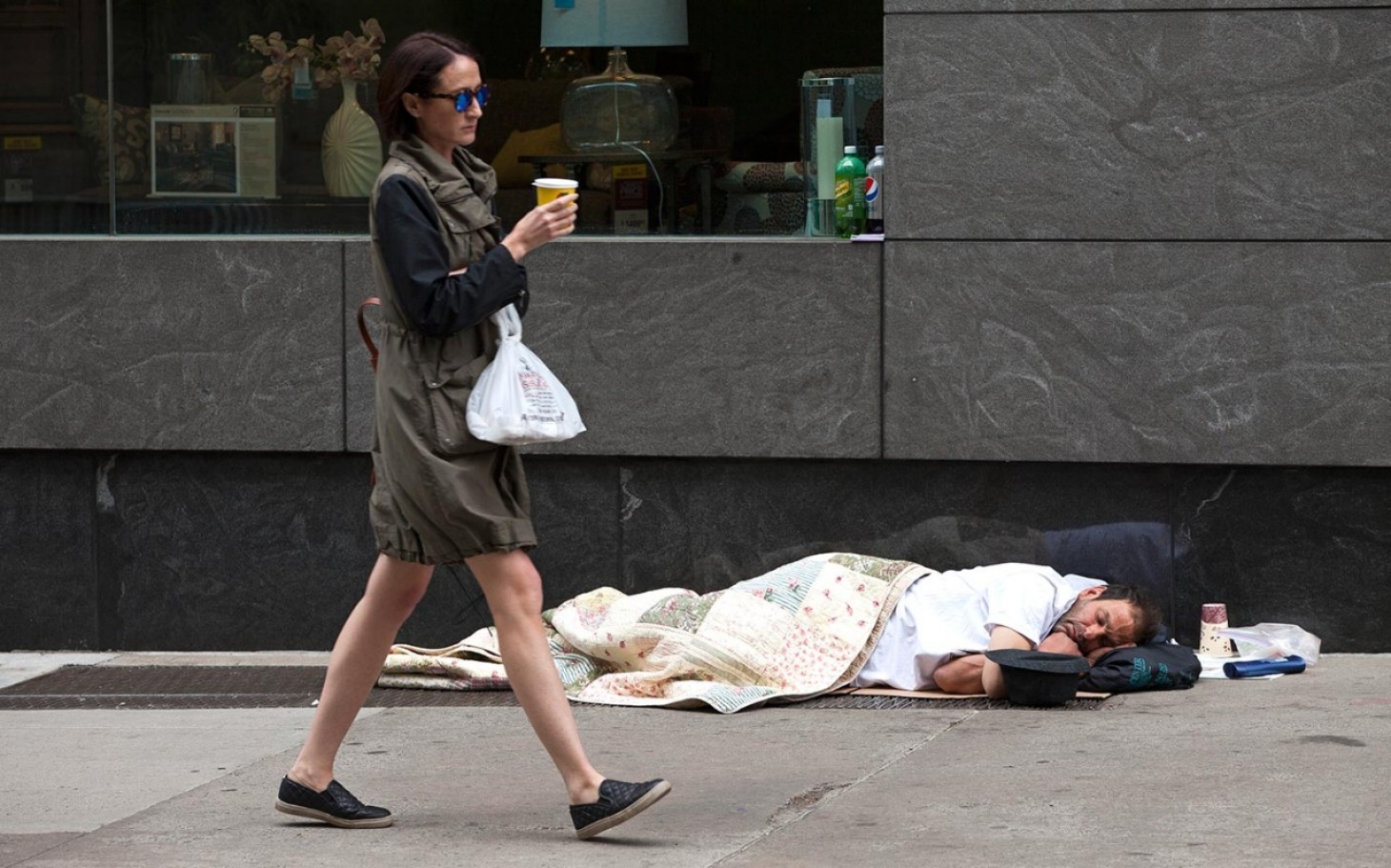Rents Soar, Wage-Home Affordability Gap Widens; Motels, Tiny Houses, Cars And Streets Are The Last Resort
by Glen Richardson
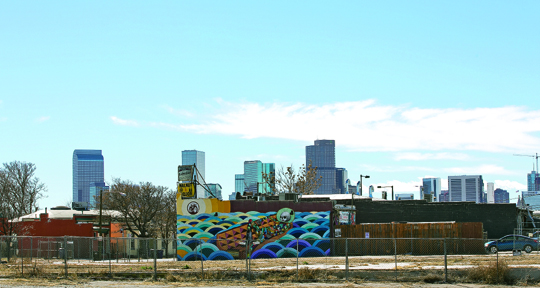 They’re the hip and the homeless and they’re both facing identical problems: finding an affordable place to live! Some live on the streets, others sleep in their car or on a friend’s couch — and then there are those who bounce between motels, living week to week, shelling out what little cash they have for seedy bedrooms. Blame it on the skyrocketing cost to rent an apartment or buy a home in Denver.
They’re the hip and the homeless and they’re both facing identical problems: finding an affordable place to live! Some live on the streets, others sleep in their car or on a friend’s couch — and then there are those who bounce between motels, living week to week, shelling out what little cash they have for seedy bedrooms. Blame it on the skyrocketing cost to rent an apartment or buy a home in Denver.
The current rental market is unforgiving, and thousands of people find themselves on Denver’s streets. Others are on the brink of homelessness or being pushed out of the city. According to Yardi Matrix — the firm providing information on all Denver apartments 50 units or larger — the average rent for an apartment in Denver is $1,366, a 4% increase compared to last year. Studio apartments in Denver rent for $1,196 a month, while one-bedroom apartments ask on average $1,254 a month; the two-bedroom average is $1,542.
For those who can afford a home this year’s selling season is heating up an already hot market. According to the Metro Association of Realtors February’s 3,878 active listings were an all-time low for any m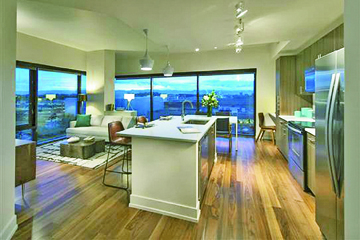 onth on record, and only the third time active listings have dropped below 4,000. The average home price in February was $402.516. By April the average had climbed to $439,161, up 3.41% from March and up 10.53% year over year, a new record high! Big worry now: “The price of housing is on a higher trajectory than wages, and the affordability gap in the middle is getting wider,” warns Steve Danyliw, Chairman of DMAR Market Trends and a Denver real estate agent.
onth on record, and only the third time active listings have dropped below 4,000. The average home price in February was $402.516. By April the average had climbed to $439,161, up 3.41% from March and up 10.53% year over year, a new record high! Big worry now: “The price of housing is on a higher trajectory than wages, and the affordability gap in the middle is getting wider,” warns Steve Danyliw, Chairman of DMAR Market Trends and a Denver real estate agent.
Rent, Buying Options
The average size for a Denver apart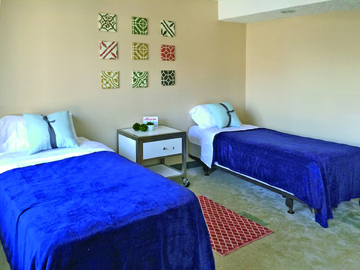 ment is 846 sq. ft., but varies by type. A studio averages 507 sq. ft., while a one-bedroom apartment offers a more generous square footage of 707 sq. ft. Two-bedrooms have an average size of 1,012 sq. ft.
ment is 846 sq. ft., but varies by type. A studio averages 507 sq. ft., while a one-bedroom apartment offers a more generous square footage of 707 sq. ft. Two-bedrooms have an average size of 1,012 sq. ft.
The most affordable neighborhoods in Denver are Virginia Village, where the average rent goes for $1,183/month and East Colfax, where it averages $1,200/mo. The citywide average asking price is $1,366/mo. Among the most expensive rental neighborhoods are the Highlands at $1,748, Congress Park at $1,750 and LoDo at $1,773. Those newly built luxury Cherry Creek high-rise apartments start at $1,472 and go as high as $5,925.
Year-to-date average sold prices of homes in metro Denver through April have increased by 6.05% compared to last year, 9.53% from 2015 to 2016, and 12.99% from 2014 to 2015. In Wash Park where construction is starting on 29 new one and two bedroom condos priced from $325,000 to $685,000, a dozen are already under contract and the homes won’t be ready for move-ins until May 2018. The 500-1,300 sq. ft. units have one reserved parking space and buyers can grab a second spot for $25,000. In 1969, median home prices throughout the Denver area were less than twice median family incomes. Prices first became unaffordable in the metropolitan area in the 2000s.
Families In Motels
Shelters are full, transitional housing is limited, and so is affordable permanent housing. Adding to the struggles for homele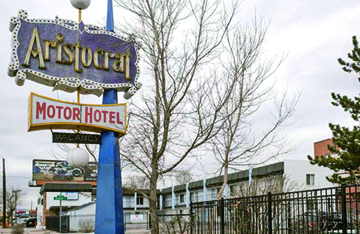 ss people is a strong sentiment against them by the City. Municipal ordinances and the Denver Planning Board punish homeless people by banishing them from public places. In 2005, Denver set out to end homelessness within 10 years. That deadline passed in 2015 and thousands can still be found in sleeping bags along Cherry Creek or on cramped emergency shelter cots during bad weather. Others sleep in the backseat of cars parked in neighborhoods from Hilltop to LoDo.
ss people is a strong sentiment against them by the City. Municipal ordinances and the Denver Planning Board punish homeless people by banishing them from public places. In 2005, Denver set out to end homelessness within 10 years. That deadline passed in 2015 and thousands can still be found in sleeping bags along Cherry Creek or on cramped emergency shelter cots during bad weather. Others sleep in the backseat of cars parked in neighborhoods from Hilltop to LoDo.
Families exist by the hundreds in Denver motels each night. Two nonprofits have
transformed old motels into livable homeless spaces. They are along Colfax Ave. and on Broadway. Denver Human Services (DHS) partners with motels, providing families with vouchers for shelter. Many of those vouchers are issued for use at the Family Motel, Volunteers of America’s 45-room motel located at 4855 W. Colfax Ave. In the 1990s, VOA purchased the motel from private
owners, and engaged a homebuilder to convert the Aristocrat into an emergency shelter. In 2001 it opened with 40 rooms designated specifically for DHS.
VOA owns and operates the motel, and DHS pays for most of the rooms and provides free supportive services including three square meals daily along with housekeeping and on-site laundry. It serves about 620 people a week, mostly families staying for one to three days — though Denver residents can stay up to two weeks, and some veterans stay up to two years.
Time-Limited Housing
Joshua Station is a motel converted to transitional-housing where families stay for 15 months of programming. It provides time-limited housing, and asks tenants to participate in services during their stay and pay a non-market rate rent — no more than 30% of the family’s income, which could be $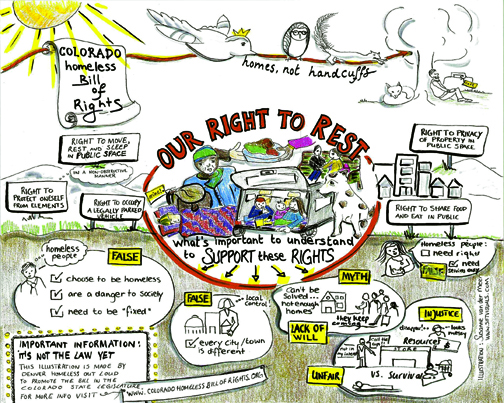 50 or $400. “We try to mimic what renting is like in real life, but to a degree that works for our families,” explains Executive Director Amy Jackson.
50 or $400. “We try to mimic what renting is like in real life, but to a degree that works for our families,” explains Executive Director Amy Jackson.
In 15 years of operation, both the number of families and the program duration has grown, now serving 30 families simultaneously, each of which stay in the program around 26 months. Mile High Ministries purchased the old motel near I-25 and West 8th Ave. because existing rooms were easily transformed into 30 rooms with private bathrooms.
Since the need for transitional housing is substantial in Denver, Joshua Station has a rolling admission process. When rooms become available, the organization holds an orientation. Families interested in the program can apply, and subsequently sign up for an interview. The Joshua Station staff determines whether the family is a good fit.
Tiny House Villages
Denver gave the green light in March to construct a village of tiny homes for the homeless in the River North neighborhood. At long last the c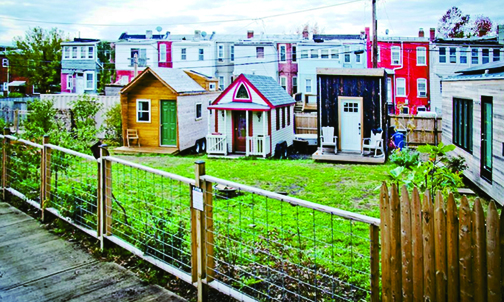 ity gave a zoning permit to the Beloved Community Village, a project of the Colorado Village Collaborative. It is being built on a vacant lot at 3733 Walnut St. and organizers hope to have the homes built and people moved in this month. However the city only issued the permit for six months. “Obviously, that’s a problem, so we are working to create permanent zoning,” admits Terese Howard, an organizer with Denver Homeless Out Loud.
ity gave a zoning permit to the Beloved Community Village, a project of the Colorado Village Collaborative. It is being built on a vacant lot at 3733 Walnut St. and organizers hope to have the homes built and people moved in this month. However the city only issued the permit for six months. “Obviously, that’s a problem, so we are working to create permanent zoning,” admits Terese Howard, an organizer with Denver Homeless Out Loud.
“The way it is approved, we will hav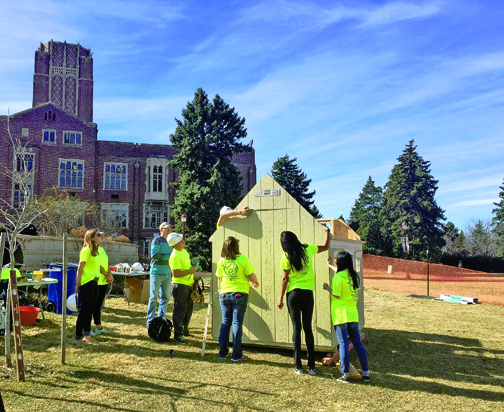 e to be moving every six months,” says Howard. The tiny homes can be placed on flatbed trailers and moved every six months to areas the coalition can get accepted. Nevertheless, it is Denver’s first approved housing village and construction is underway. Organizers hope to have three villages up by next winter and 10 by 2020.
e to be moving every six months,” says Howard. The tiny homes can be placed on flatbed trailers and moved every six months to areas the coalition can get accepted. Nevertheless, it is Denver’s first approved housing village and construction is underway. Organizers hope to have three villages up by next winter and 10 by 2020.
The small number of tiny homes won’t put much of a dent in Denver’s homelessness problem, but organizers say Beloved Community Village provides another option for those who aren’t well suited to traditional shelters. Opponents claim it will be an eyesore and could attract crime.
Church Lot Houses
“After careful consideration, and a time of prayerful reflection, the families at St. Andrew’s Episcopal Church have also decided to proceed with a Tiny House Village.” They are seeking approval from Denver for eight homes. The project will be located on a section of the Church’s north parking lot at 2015 Glenarm Pl.
The Village will consist of eight tiny, insulated homes 8 x 12 ft. each. They will have a community kitchen, a lavatory area with private showers and two toilets. Villagers would pay an affordable fee for utilities. The site will have an 8-ft. perimeter fence and secure entrance-exit, manned 24/7. The Delores Project will maintain a budget including staff for security. Colorado Construction Institute will provide the labor to build the houses and material will be donated. The Delores Project will supply management oversight — including screening and selecting residents — paid for through grants.
St. Andrew’s is an Anglo-catholic church built during 1907-1909. The building is considered one of Denver’s most beautiful Gothic style churches. When completed the village is expected to shelter 8-11 women and transgender adults. Homes will be placed on asphalt with the perimeter extending into the church rose garden and take up some staff parking.

